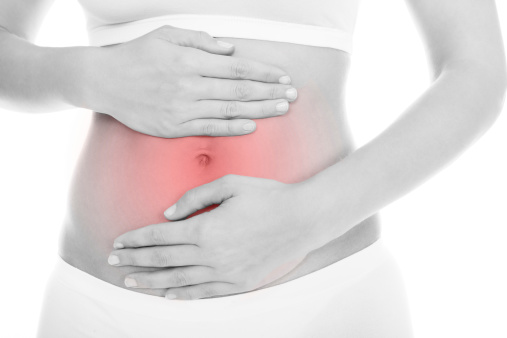 Have you ever seen those yogurt commercials with the dancing bellies? The ones that advertise the valuable probiotics found inside the yogurt and how they can aid in digestion and even help with weight loss? After catching one of these commercials on TV the other day, my friend asked, “What, exactly, are probiotics? And how do they do all these amazing things?”
Have you ever seen those yogurt commercials with the dancing bellies? The ones that advertise the valuable probiotics found inside the yogurt and how they can aid in digestion and even help with weight loss? After catching one of these commercials on TV the other day, my friend asked, “What, exactly, are probiotics? And how do they do all these amazing things?”
Well, probiotics are live bacteria that exist inside of your gut and can be found in certain foods. The average healthy gut has about 400 species of these bacteria that work together to break down food, reduce harmful bacteria, and promote a functional digestive system. These organisms are also called microflora.
Although they occur naturally, probiotics and gut microflora are affected by your diet. Some foods promote the growth of more beneficial microflora, while others promote the growth of microflora that might not be as effective. Because most Americans have a relatively poor diet, probiotic supplements are popular, as are foods like yogurt that naturally contain two beneficial bacteria: lactobacillus and acidophilus. These are found in active culture yogurts.
But in order to further improve digestion, I’d suggest you include some prebiotics in your diet, too. These lesser-known “biotics” help stimulate probiotics to keep them alive and functioning at optimal levels. Prebiotics are not bacteria themselves; rather, they are indigestible carbohydrates that act as food for probiotics.
The best prebiotics are food options that are high in inulin and oligosaccharides. These compounds are fermentable carbohydrates that serve as food to probiotics in the intestinal tract. When you eat prebiotics, they go undigested, allowing them to feed the probiotics, keeping the probiotics healthy and functional so they can do their job.
Good sources of prebiotics are artichokes, spring onions, garlic, lush and leafy greens, bananas, honey, and whole grains.
A healthy digestive system is largely reflective of your diet. If you’re getting a good mix of healthy food high in fiber and other nutrients, supplementation is unlikely required. However, some people do have sensitive guts and should make a greater effort to include probiotics and prebiotics in their daily diet. The combination can help to calm diarrhea, limit bloating, reduce inflammation, provide for better immune function, and keep your overall digestive system healthy, helping you stay regular.
If you want to improve your digestive function, try adding probiotic and prebiotic foods to your diet; they can be a great help in relieving a number of digestive problems. My suggestion? Try starting your day with a yogurt, banana, and honey green smoothie.
Source for Today’s Article:
Zeratsky, K., “Is it important to include probiotics and prebiotics in a healthy diet?” Mayo Clinic web site, September 15, 2011; http://www.mayoclinic.org/healthy-living/consumer-health/expert-answers/probiotics/faq-20058065, last accessed May 13, 2014.
